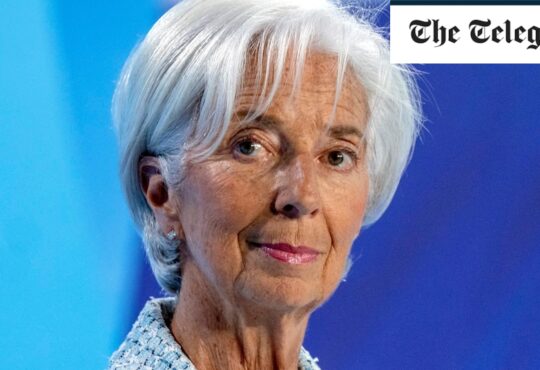
The University of Cambridge adds £29.8billion to the UK economy every year – a financial contribution four times that of the Premier League, a new report has revealed.
A combination of research, entrepreneurial activities, tourism and enhanced value that graduates bring to employment is responsible for the impact, according to a report commissioned by the university.
It was carried out by London Economics, which describes itself as “one of Europe’s leading specialist policy and economics consultancies”, using data from the 2020-2021 academic year.
The report concludes that the university supports more than 86,000 jobs across the country.
It states: “For every £1 we spend, we create £11.70 of economic impact, and for every £1 million of publicly-funded research income we receive, we generate £12.65 million in economic impact across the UK.
mpu1
“The university’s contribution to the UK economy is almost four times that of the Premier League.”
Nearly 80 per cent of the £29.8billion comprised research and knowledge exchange activities, which included the 178 spin-out and 213 start-up companies that have emerged from the Cambridge cluster.
Teaching and learning, educational exports, including international tuition, university and college spending, and tourism were also included in the sum.
Examples of research impact included saving at least £120mof public money in the South West through improving surveillance of bovine tuberculosis, and innovation in drug discovery techniques which created approximately 140 jobs in Cambridge for biopharmaceutical company Astex.
Acting vice-chancellor Dr Anthony Freeling said: “This report demonstrates how international excellence, coupled with a deliberate strategy of investing in innovation, creates jobs and significant growth for the UK economy.”
He added that developing “one of the world’s leading innovation clusters” from the university was the result of a very deliberate strategy of innovation and commercialisation.
Dr Diarmuid O’Brien, chief executive of Cambridge Enterprise, the university’s translation and commercialisation arm, said: “Cambridge is the UK’s most successful entrepreneurial ecosystem and one of the world’s leading innovation clusters. Cambridge Enterprise is an important engine in delivering economic impact for the University of Cambridge, with knowledge transfer and commercialisation activities forming a significant proportion of the university’s contribution to the UK economy.”
mpu2
Also cited in the report is the value of tourism associated with the University of Cambridge. Tourism associated with the university – calculated with pre-Covid visiting data and average spend – was worth £587m to the economy.
This was based on there being 462,000 overseas visitors to Cambridge in 2019, of which 260,000 were assumed to be associated with the university.
Much of the economic impact of tourism was attributed to the culture and heritage of the university, including its eight museums and the Botanic Garden.
Between them, they contain more than five million works of art, artefacts and specimens, and reportedly brought more than one million visitors a year to the university, pre-Covid.
Parkwalk manages the University of Cambridge’s annual Enterprise Funds, which offer alumni and investors the opportunity to invest in spin-outs.
Its CEO, Moray Wright, said: “Having helped drive investment into the university’s science and technology spin-outs since 2012, we know the tremendous economic contribution Cambridge University makes to the UK.
“Today’s report is yet further evidence of the value of investing in our universities, and offers a compelling case for the UK to foster a financial and regulatory ecosystem which helps spin-out companies to grow and achieve commercial success on UK soil.
“With over £23billion of economic impact in a single year stemming from University of Cambridge spin-outs alone, the innovation economy has potential to be the engine of growth the UK needs to prosper.”






